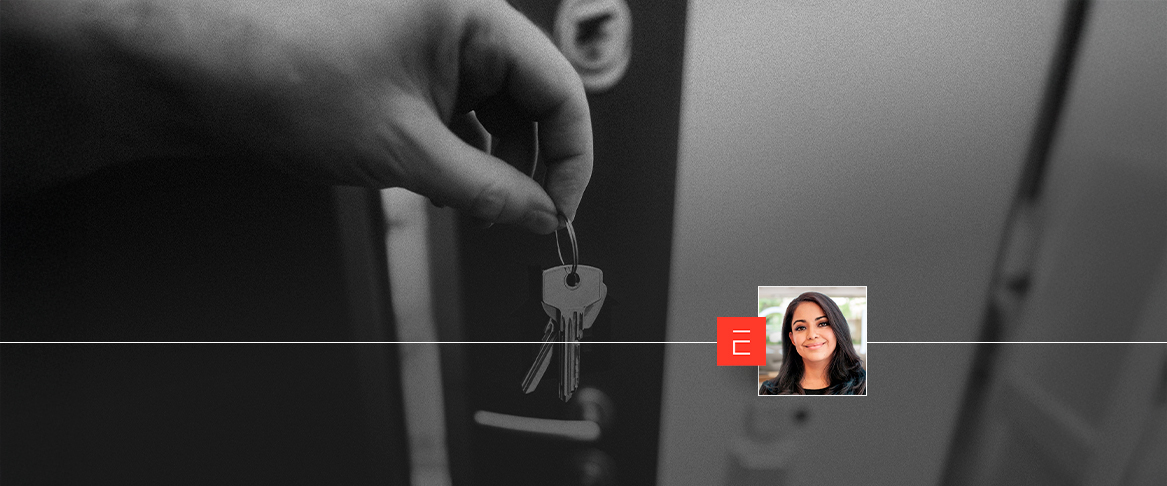Legal considerations for the leasing of real estate for residential use in Mexico
Regardless of the lifestyle of each person, the search for a property destined as a dwelling house for the lease of a person or a family is a relevant aspect that involves the review and negotiation of different aspects, among them, the legal obligations that derive from the signing of the lease contract.
In general terms, the lease of any real estate is regulated by the provisions of the Civil Code of each state. In Mexico City, for example, the applicable regulatory framework is found in the Civil Code for the Federal District, now Mexico City.
The following are some questions that should be considered during the search for the property and the negotiation of the terms of the lease contract.
- What lifestyle activities will I perform in the property?
From exercising to organizing parties or meetings, each person’s lifestyle and activities must be taken into consideration in order to identify the property that adapts to such needs. For example, the lease of an apartment located within a condominium implies the acceptance and compliance with condominium rules and regulations that will be observed and enforced by the condominium management. These regulations, in accordance with Article 1 of the Condominium Property Law for the Federal District, now Mexico City, seek to regulate the use of common areas and establish the rules of coexistence so that condominium owners may cohabit in a respectful manner within a condominium.
Within these regulations, schedules and noise levels allowed during the week or the requirements that visitors must follow during their visit to the condominium are usually established. Additionally, in the event that remodeling works are to be carried out, the regulations usually establish the permits to be issued by the condominium administration for the authorization of the works and their scope, as well as the time period and schedules in which such works may be carried out.
Failure to comply with any of these rules may result in different consequences, from the application and payment of fines to the filing and initiation of a complaint procedure before the Procuraduría Social.
- Is it safe to lease a property without signing a lease?
Prior to occupying a property, regardless of its use, it is important to sign a lease agreement. Article 2406 of the Civil Code of the Federal District, now Mexico City, establishes that the lease agreement must be in writing and in the absence thereof, the lessor will be liable.
In addition, the signing of a lease agreement ensures and has the purpose of documenting the agreements negotiated between the lessor and the lessee, such as the term of the lease, the amount of rent and its increase, the obligations of the parties and the grounds for early termination of the lease.
- What is the minimum term that I can establish in my lease?
In the case of real estate used as a dwelling, Article 2448 C of the Civil Code of the Federal District, now Mexico City, establishes that the minimum term will be of one year, which is mandatory for the parties.
The Code does not establish a maximum term in which a property may be leased for residential purposes; however, the aforementioned article establishes that, in the case of an extension of the lease, such extension may be requested, at the will of the lessee, for up to one more year as long as the lessee is current in the payment of rents, unless the parties reach a different agreement.
It is important to mention that, on the anniversary of the signing of the lease, the lessor has the right to increase the rent.
- What guarantees should I provide?
Most of the lessors request the granting of a guarantee in order to ensure the payment of the rent or, as the case may be, to back up any damage that the lessee may cause to the property. The most common guarantees that are granted are: (i) a security deposit for an amount equivalent to one or more rents; (ii) the creation of a joint and several obligor; or (iii) the payment of a bond or tenant’s policy.
Each one has the purpose of guaranteeing the fulfillment of the tenant’s obligations, however, each one has different costs. The security deposit is usually paid at the signing of the contract together with the first rent, it is important to consider that at the end of the lease term, the lessor has the obligation to return such deposit in full (in case the property has no damage caused by the lessee) or partially, in case there is any outstanding balance of the lessee’s responsibility.
Legal recommendations for the signing of a lease
In order to prevent any controversy or conflict between the parties, it is advisable to take into account the following:
- Always formalize the contract in writing.
- Request and deliver proof of payment of rent.
- Verify the legal status of the property (ownership, encumbrances, land use), as well as review the physical conditions of the property prior to occupancy.
- In case of disagreement, resort to alternative dispute resolution mechanisms before resorting to a lawsuit.
Failure to comply with the contract may give rise to demands for eviction, collection of overdue rents or even damages. For this reason, it is essential to have specialized legal advice from the moment the contract is executed.
At ECIJA Mexico, we provide comprehensive assistance to owners, tenants and real estate intermediaries for the analysis, identification and prevention of possible risks that may arise from the drafting, review and execution of housing leases, as well as for the legal defense in case of disputes between the parties.
Real State Area ECIJA Mexico
socios.mexico@ecija.com
(+52 55) 56 62 68 40
www.ecija.com






